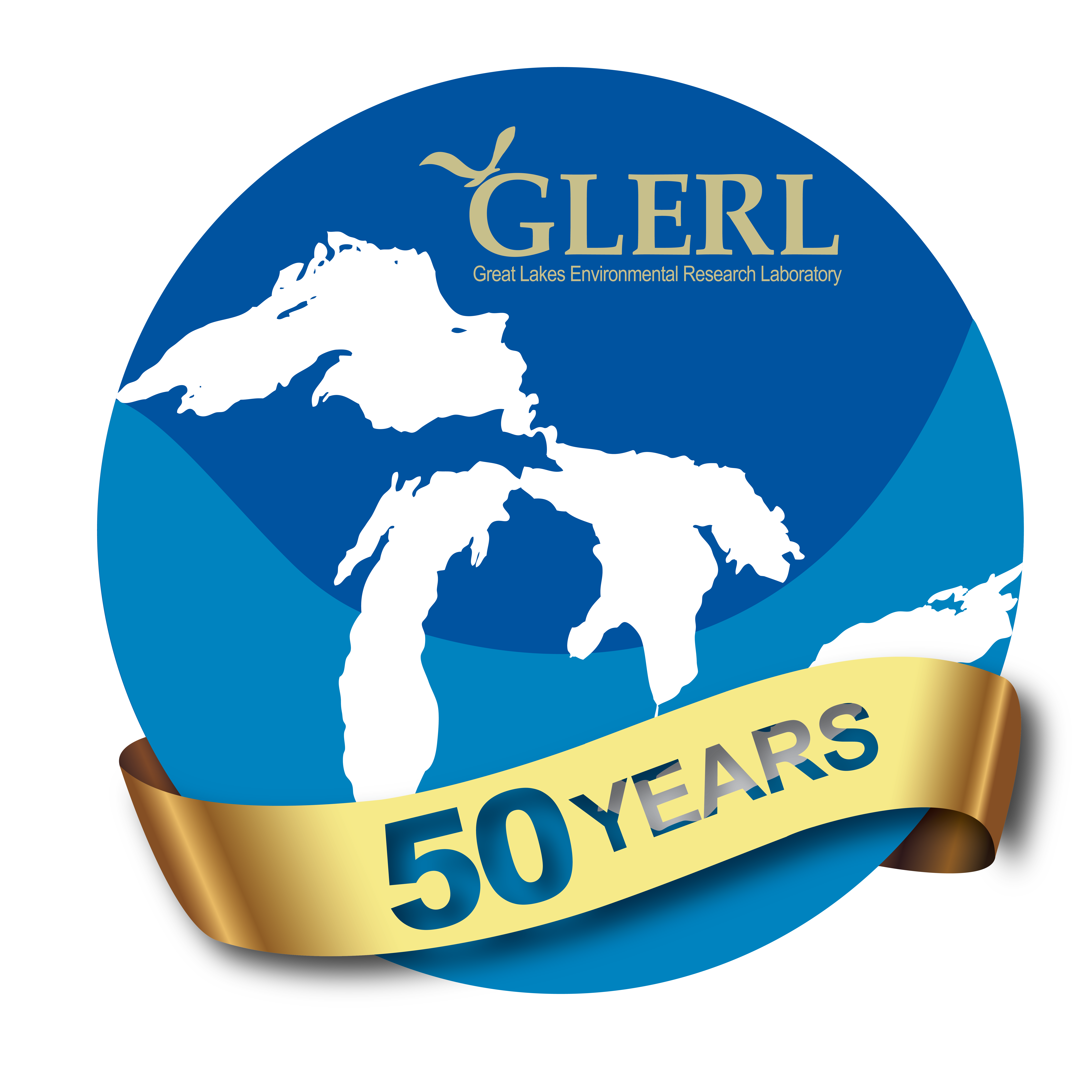Celebrating 50 years of science in service to society!

|
NOAA GLERL turns 50 years old in 2024! During our golden anniversary year, we will celebrate a half-century of accomplishments and the people who continue to make us one of the world's leading freshwater laboratories. Since 1974, GLERL’s scientific advancements have changed what we know about our world and the Great Lakes environment. Because of the people who shaped our beginnings, GLERL is a world-class laboratory that makes critical observations and conducts groundbreaking research to advance our knowledge not only of the Laurentian Great Lakes, but extending to the global ocean and its interactions with the earth, atmosphere, ecosystems, and climate. As the future unfolds, GLERL will continue to evolve and lead the next generation of scientists. GLERL researchers are developing innovative science and technology that will protect lives and property, address challenging scientific questions, explore the unexplored, inspire new approaches to observing the world, and support the U.S. economy. The GLERL 50th anniversary is about remembering our rich history, but most importantly, it is about looking ahead to many more years of science in service to society. |
Presentations from our special session at IAGLR 2024
To commemorate the 50th anniversary of the National Oceanic and Atmospheric Administration Great Lakes Environmental Research Laboratory (NOAA GLERL), this special session at the International Association for Great Lakes Research conference highlights significant papers, data products, models and forecasts or other scientific achievements of NOAA GLERL, cooperative institutes, and partners. Topics include Great Lakes hydrodynamic models and forecasts, hydrology, long-term data sets, observing systems and technologies, long-term ecological research programs, harmful algal blooms, invasive species, and remote sensing. A full playlist of session presentations can be accessed on our YouTube page here. To download a .PDF of presentation abstracts, click here. |


